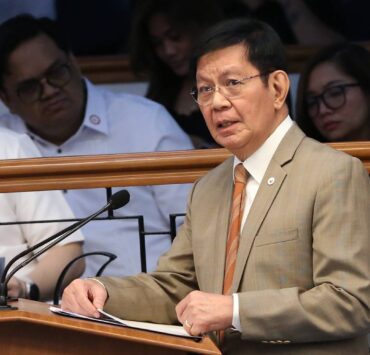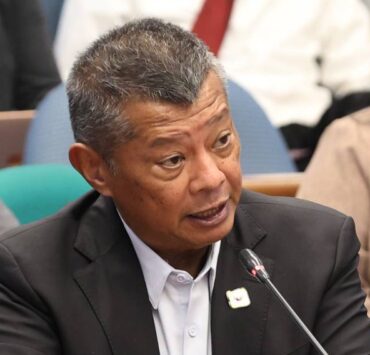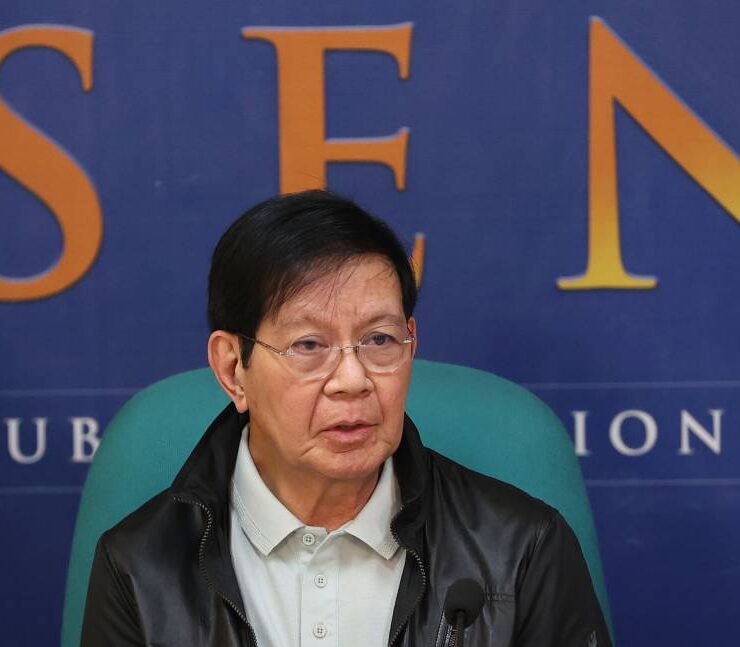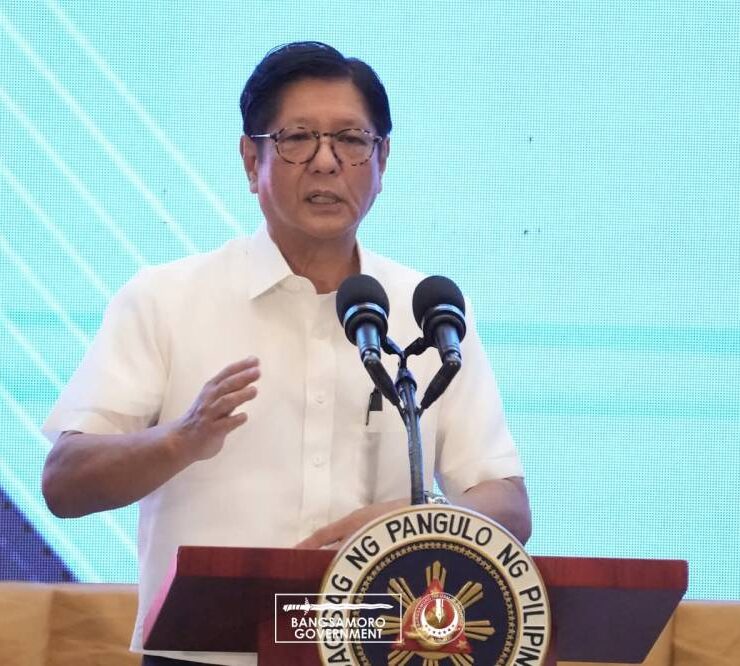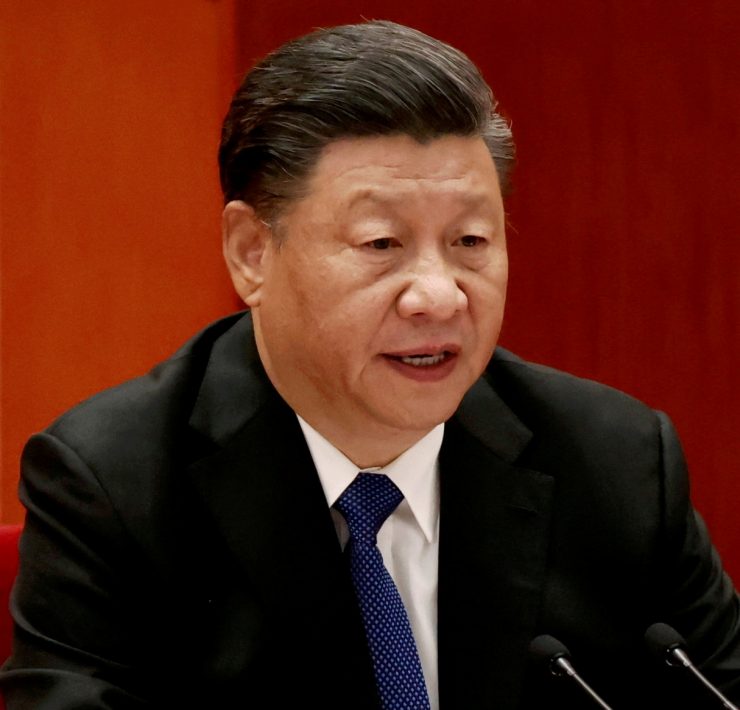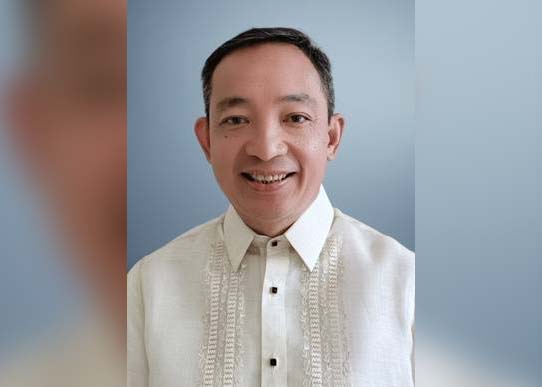Corruption hits investor confidence

Since President Marcos blew the lid on massive corruption in the country’s multi-billion flood control projects during his State of the Nation Address last July, stocks had slumped to their lowest in six months, the peso has weakened to the 58 level versus the greenback and investors have retreated to the sidelines, closely watching the investigations unfold.
Unfortunately, they are likely to stay there, especially with the surprise move of Senate blue ribbon committee chair Sen. Panfilo Lacson to step down from his post after barely warming his seat and suspend public hearings, primarily because the testimonies of contractors and officers of the Department of Public Works and Highways eventually brought corruption allegations at the doorsteps of his own colleagues.
That easily bolstered perception that the Senate and the House of Representatives were only out to protect their own, leading observers to conclude that the revelations of huge piles of cash exchanging hands and involving some of the country’s top elected and appointed officials will come to naught.
Thus, if the Marcos administration sincerely wants to win back the trust of the Filipino public and foreign and local investors, it must demonstrate the political will to punish those who would be proven guilty of corruption, no matter how rich or powerful they may be.
Bigger role to play
It already took a step in the right direction with the setting up of the Independent Commission for Infrastructure (ICI) last month that is entrusted with the gargantuan task of investigating flood control and other infrastructure projects implemented from 2015.
With the Congressional hearings suspended, the ICI now has an even bigger role to play and must be granted the power and resources it needs to carry out its mission. Given its mandate to investigate infrastructure projects spanning three presidencies, it may need more teeth to be more effective. Thus, the move to enact the Independent Commission Against Infrastructure Corruption Act of 2025 which would provide the body with subpoena powers to cover all branches of government including constitutionally created bodies, as well as private companies and individuals.
It will also be granted full and unrestricted access to all government records as well as contempt powers to sanction those who will willfully ignore or fail to comply with subpoenas.
The influential Makati Business Club has also supported the passage of the ICI bill to fully empower it to do its work swiftly and effectively, with no fear nor favor. “In the current investigation on corruption relating to flood control, our people are demanding transparency, accountability, and justice,” MBC said in a statement. Indeed, investors are just as concerned about these imperatives.
Long-standing problem
The United States’ State Department said in its 2025 assessment of the Philippines’ investment climate that corruption in the country, ranked 114th out of 180 countries on Transparency International’s 2024 Corruption Perceptions Index, “is a pervasive and long-standing problem in both the public and private sectors.”
“Various organizations, including the World Economic Forum, have cited corruption among the top problematic factors for doing business in the Philippines,” said the document that also flagged poor infrastructure, high power and logistics costs, cumbersome bureaucracy and regulatory inconsistencies as hampering government efforts to attract foreign investments.
Indeed, the brazen displays of corruption in full view of the public during the widening probe are only reinforcing the increasing risks that will make it difficult for investors to focus on the country’s fundamentally strong macroeconomy.
Leading to a slowdown
Japanese investment bank Nomura, for example, said in a note to Japanese investors that the Bangko Sentral ng Pilipinas will likely assess the ongoing controversy around flood-control projects “as potentially leading to a slowdown in government capex (capital expenditure) disbursements” that puts the gross domestic product growth target of 5.5-6.5 percent for 2025 at risk of not being met.
A slowdown in public expenditures poses “downside risks” to the country’s economic growth outlook, Nomura stressed, and this increasing likelihood will influence the Monetary Board’s decision on whether to further cut its policy rate at its meeting this week to help support economic growth or keep it unchanged at 5 percent.
The Anti-Money Laundering Council has already frozen a total of 1,889 assets and has also committed to pursue offshore assets, including foreign bank accounts, real estate, and personal properties as part of a broad mandate to recover ill-gotten wealth accumulated at the expense of the long-suffering Filipino taxpayer.
Failure to deliver on that expectation may mean losing whatever is left of investor confidence in the Philippines, never to be recovered again.














